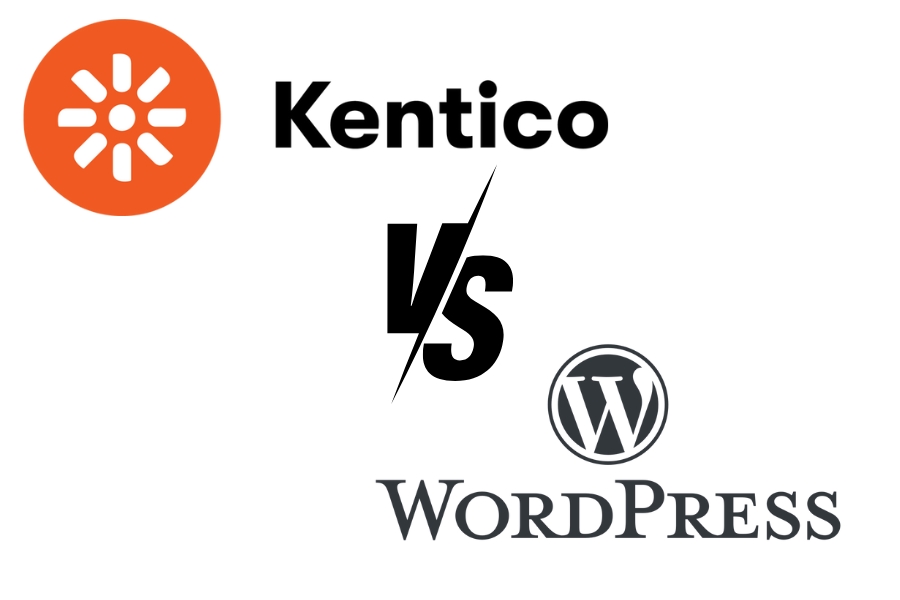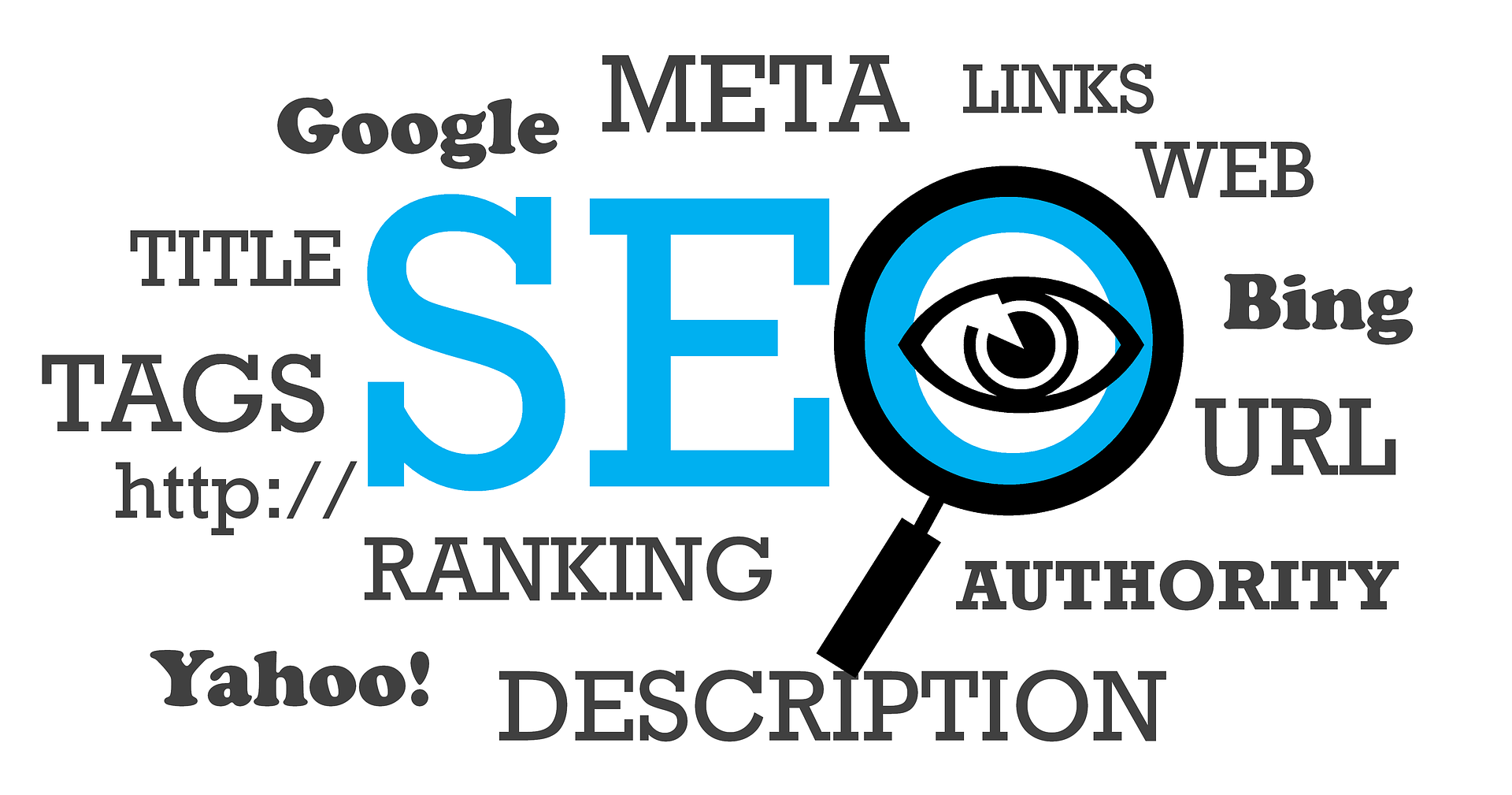A responsive web design is often cited as the best choice when opting for a mobile-friendly web design; and we agree with this, as it also helps boost your SEO efforts.
Google loves responsive websites, and it’s a wise choice to listen to them for search engine optimisation (SEO). Google runs the search game at this point, and dictates what a lot of websites should or shouldn’t do. If Google put their weight behind responsive web design, then it makes sense to listen.
Does your business cater for your mobile audience yet? If not, then the sooner the better. A responsive web design boasts a range of benefits, giving your potential customers the online experience they deserve, whether they’re viewing it on a PC, mobile, or tablet device.

What is a responsive web design?
A responsive design means that whatever device someone is using, the website will respond to their screen size, and be automatically compatible. This allows optimum viewing and usability on all devices, rather than only catering to desktop PCs, and having mobile users struggle to view content. If you’ve ever had to pinch to zoom and scroll around an unoptimised website on a mobile device, you know the irritation and annoyance it can cause.
So why choose a responsive web design? Why not go for aa m-dot mobile specific site? There are a range of different reasons which you can read in our blog post below:
Why Responsive Web Design is the Best Option for Business going Mobile
The other big benefit responsive web design offers, is that it is the best choice when you are designing or redesigning your website with SEO in mind. But what exactly is it about responsive web design that makes it so great for SEO purposes?
Google’s Mobile-Friendliness Search Ranking Boost
Perhaps the biggest reason you need a responsive web design is because from April 21st 2015, Google are giving preference to mobile-friendly websites in mobile search results.
Why are Google doing this? To encourage everyone to make the leap into opting for a mobile web design, as Google recognise more and more people are searching the web on their mobile devices, and they want this to increase. Of course, they have a lot of interest in this due to the fact they own the Android platform; but on the whole, it’s a good move for the internet in general. For many businesses, it’s the kick-start they need in order to finally make the decision to cater for mobile visitors.
Usability
When it comes to SEO, Google runs the show. Google wants to send their own users to the websites they wish to see, which means offering them the most accessible and usable sites for the user in question. And what gives the best form of usability to the biggest percentage of users? A responsive web design.
Going responsive means there’s less frustration for users trying to find their way around your website, and it also gives them your content in a format they can actually read.
Lower Bounce Rate
If your website isn’t optimised for a searcher’s device, then they’re likely to hit the back button. If searchers are hitting the back button when they visit your website, Google takes a note of this, indicating your website isn’t the best choice for the search term. The content may be all fine, but if a user can’t access or view the website correctly, they will still be leaving earlier than you’d like.
However, with a responsive web design, users will be more inclined to stick around on your site, due to the fact they can access it much more readily, and don’t have to struggle to use it. Google will notice they haven’t returned to the search results, showing the result was a good fit for the search in question, and increase your rankings.
Longer time on page
If you are providing a top experience for customers who come across your website, they are going to spend longer on it. If browsers find content on your website that responds and is suitably presented on their device, then they will continue to read and navigate through your website.
The longer they spend on the page, the more Google will recognise you are providing a great quality experience for any users, meaning a nice boost in search rankings. If users are spending very little time on each page, whether it’s down to content or navigational issues, then Google will not rank you as highly.
No duplicate content
Mobile sites won’t get hit by Google as such, but your content will exist in two places. It’s not a mark-down on the SEO front, but it can be an annoyance, and a hindrance when you’re looking to update your websites for SEO purposes. It’s double the work, double the effort, and double the time. Plus there are plenty of mistakes that can be made, such as sending users to the wrong website. With a responsive web design, there are none of these issues, and none of the hassle.
Responsive websites have the same URL, and use the same HTML. Mobile-specific websites need their own separate versions. Responsive websites make it a simpler task for Google to crawl and index your content; which is always a plus when it comes to SEO.
Link Building
If you have a mobile website, you are going to have fewer links to your mobile site rather than your main desktop one. With a responsive web design, your website is always mobile-friendly, meaning it will still maintain the backlinks of your original site. As people will be linking to your site from both desktops and mobile devices, this combination means you stand a higher chance of gaining a better backlink profile.
With a separate mobile website, it would mean starting from scratch in order to build authority. Focussing in on one single site is a much more appealing alternative; and that is what responsive web design offers.
Page Loading Speeds
Responsive websites do not require a redirection of queries in order to reach a particular URL
Responsive web designs will be reduce to only the necessary parts for mobile devices; meaning higher website load times, which Google will recognise, and use in their algorithm to give you a boost in your search rankings.
Sharing and social signals
A huge number of social media users are accessing and browsing the networks via the mobile networks. When you share a link to your responsive website, your website will be suitable for whatever device a user is using.
If you are sharing content on social media, and don’t have a responsive web design fit for purpose for those on their mobile phones, they could be landing on poorly optimised websites, and fail to digest the content. However, if the site is responsive and fits their screen for easy use and accessibility, they’ll be more likely to stick around.
This is a plus from an SEO standpoint anyhow, but this also means they would be more likely to follow your brand on social media, alongside engage with posts through likes, shares, favourites, retweets, or anything else. The bonus here is that Google now recognises social engagement as an indicator of good quality content, and so will use social media engagement as part of their search signals to boost rankings. Social media may seem like a waste of time to some, but it is a great way to find new audiences, directly engage with them on a regular basis, whilst also helping your standing in search engine results.
If you’d like to see some examples, read our blog here:
Responsive Web Design Examples for Ecommerce

If you are looking to upgrade to a responsive web design, or perhaps are looking to build a new website entirely, then get in touch with the team here at Xanthos, who have a lot of experience in designing responsive websites for businesses in a range of industries.







